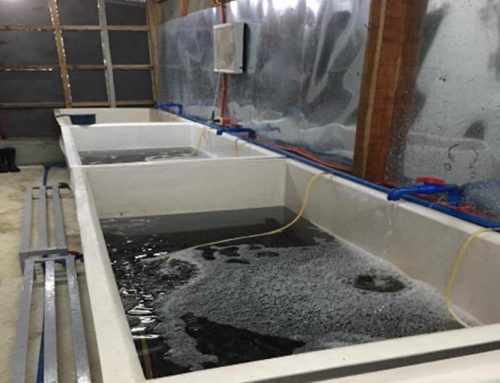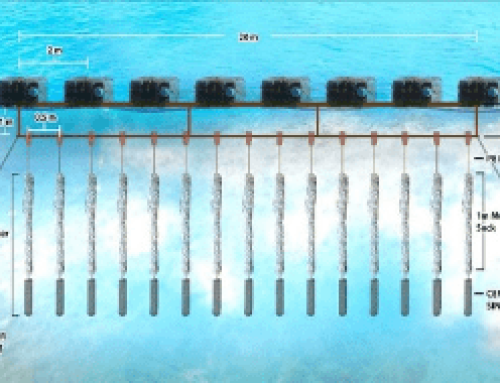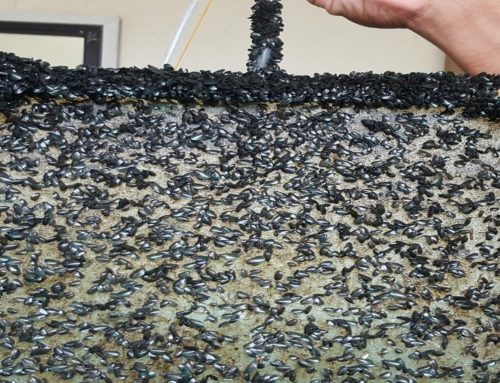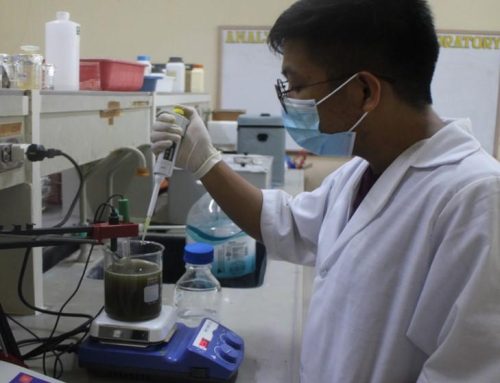In this Article

Project 1. Development of depuration and relaying techniques for Philippine green mussels (Perna viridis)
Project 2. Primary processing techniques for Philippine green mussels
Project 3. Evaluation of depuration and relaying technologies for Philippine green mussels at a higher loading capacity
Project 4. Pilot-scale production of primary processed Philippine green mussel, Perna viridis
Mussels are mostly cultured in coastal and estuarine areas and are exposed to household and industrial waste as well as sewerage discharges. These discharges contain pathogenic bacteria and viruses and present a health risk to consumers when mussel products are consumed raw or lightly cooked. The exporting countries like the EU and the USA are strictly imposing compliance with food safety requirements on the placing of bivalves in the market wherein prior to selling, bivalves shall undergo relaying or depuration process. The program addressed the issue of food safety concerns in mussel products. The effects of the depuration and relaying processes in reducing the bacterial load in mussel meat were studied to establish the safety and quality levels of the products.
Depuration facility model appropriate for mussel farmers in the Philippines and protocols for bacterial reduction/purification using depuration and relaying techniques were developed. The program also produced a GMP Manual for effective live handling protocol and primary processing techniques that address post-harvest concerns. It developed an optimized blanching protocol that significantly reduced E. coli and V. parahaemolyticus to safe levels and eliminated Vibrio cholera and Salmonella spp. in mussels. The developed protocol was also verified at the pilot-scale level.








